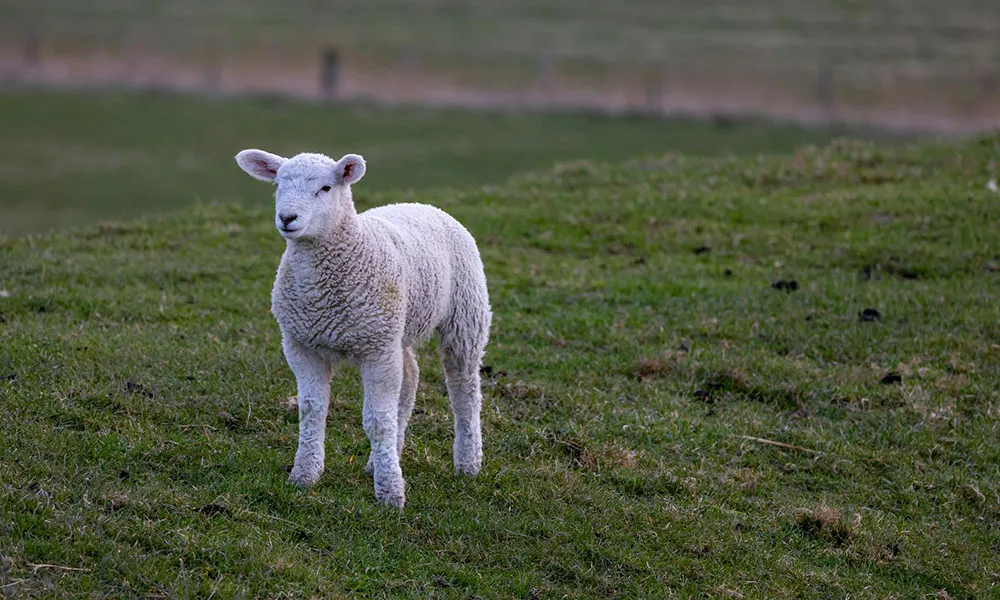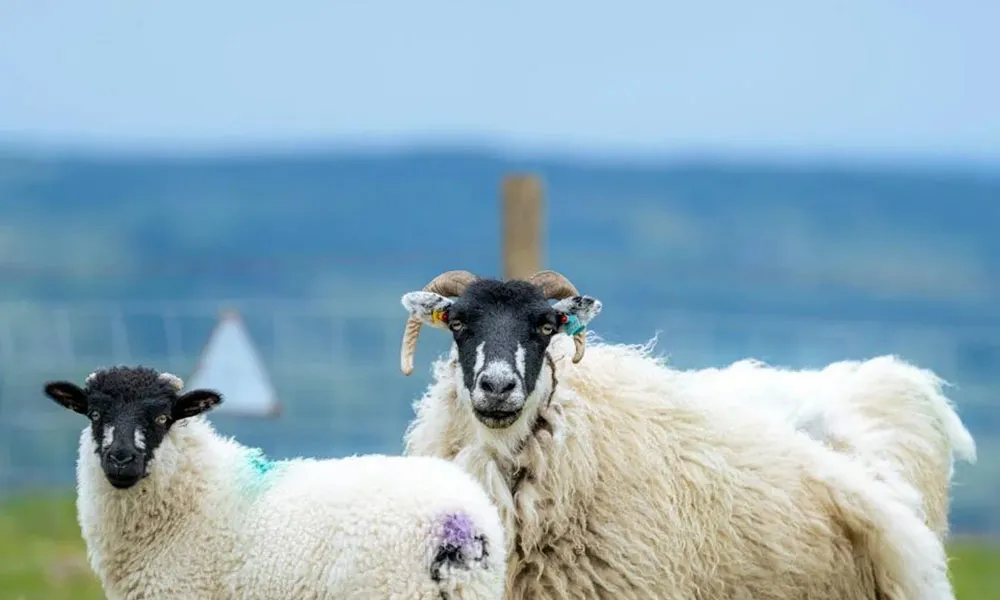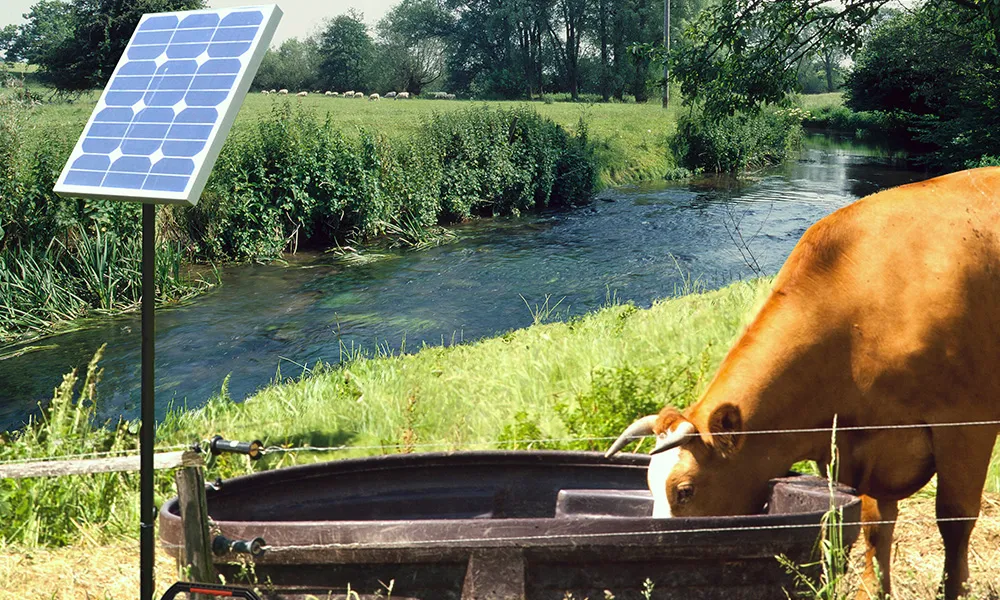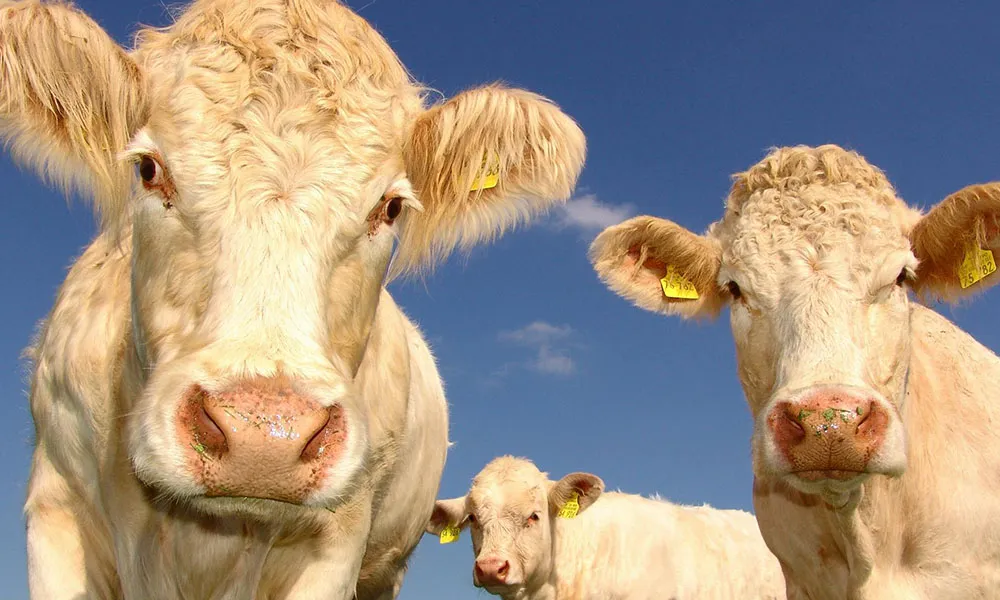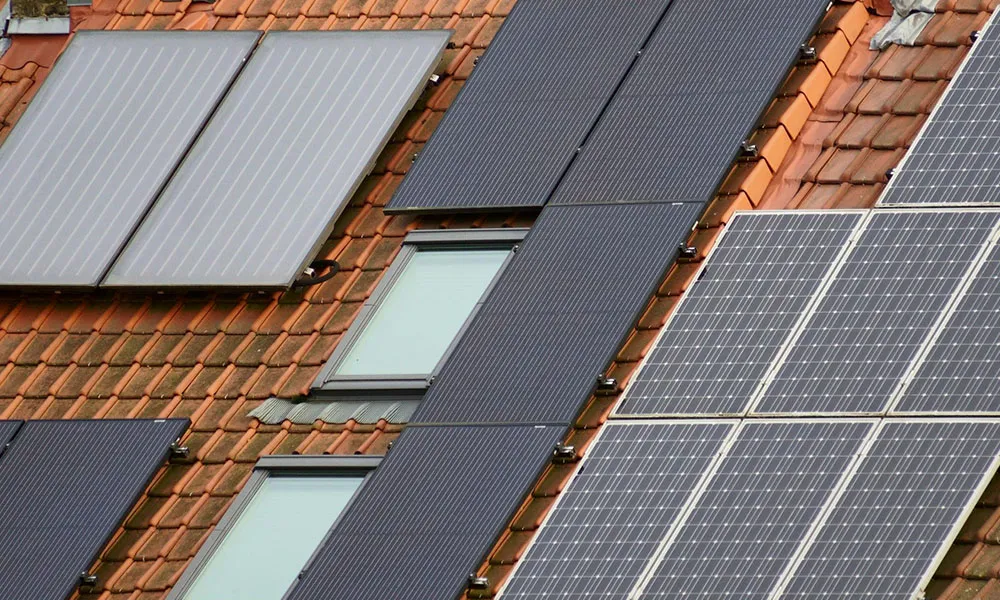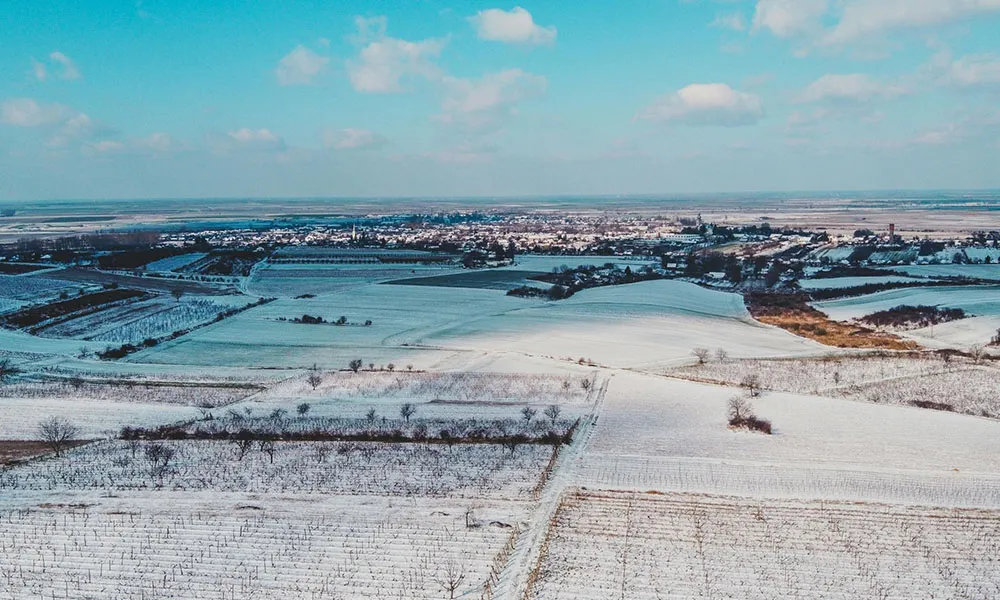
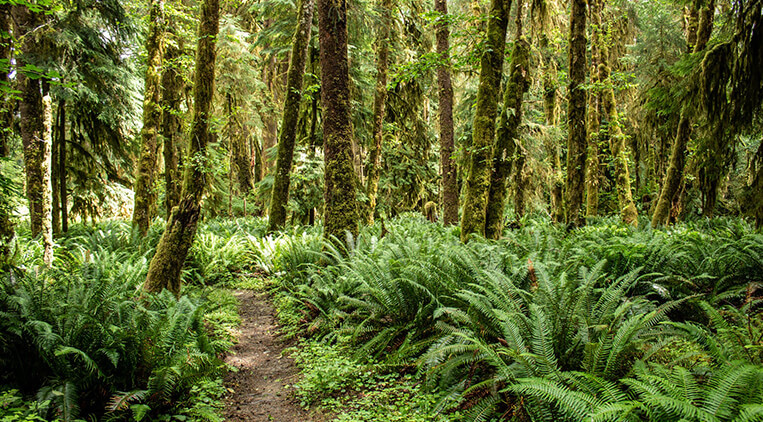
Agridirect takes aim at the EU-Mercosur deal, which has sparked the opposition of farming groups and environmentalists alike.
The environmental cost of Brazilian beef
Right now, in Brazil, loggers are hacking away at the Amazon rainforest. The machines of industry rumble through the rainforest, felling trees and plants, displacing animals found nowhere else in the world, and condemning entire species to extinction. Humans are immediate victims, too. Among the displaced are the rainforest’s indigenous peoples, who suffer daily intimidation and the assassination of outspoken leaders.
This has been going on for a very long time. Though the world’s few remaining rainforests are a crucial carbon sink, the Brazilian Amazon became a net carbon emitter between 2001 and 2019. Matters have deteriorated since then, too. With the election of the ex-military captain Jair Bolsonaro as president of Brazil in 2019, the deforestation of the Amazon has intensified dramatically. Between August 2019 and July 2020, 11,088 square kilometres fell to the logger’s blade.
In the struggle to mitigate the effects of climate change, the destruction of the world’s largest rainforest and carbon sink is a grave concern. The Amazon is considered the lungs of the world. Without it, any global effort to halt the juggernaut of runaway climate change will be futile.
This is the true cost of cheap Brazilian beef. As Jair Bolsonaro and his pals strip the Amazon and facilitate political assassinations, they open new land for beef production. Where miles of rainforest once covered the landscape, huge herds of cattle now graze on grassy plains.
Who owns these animals? Brazil’s huge meat corporations, the largest producers of beef in the world.
Mercosur deal limps on
Now you might reasonably assume that there is no market for such beef. Are we not now pushing for carbon neutrality by 2050?
And yet, it seems, there is a market. China is the world's biggest buyer of Brazilian beef. But the EU also imports more than $600 million worth of beef from Brazil each year. The proposed EU-Mercosur trade deal would see the European market flooded with this beef, even as Europe postures about meeting the emissions targets set out in the Green Deal. Though it has taken a hit in recent times, Mercosur limps on like some villain from an 80s action film. It is wounded, to be sure, but very much alive and dangerous.
A bill with many enemies
There is no doubt that the deal has earned quite a few enemies on this side of the Atlantic. After it was ratified in 2019, it has suffered near constant assault from various corners. In the early days, the most fervent opposition came from Ireland. Here, farmers recognized it as an existential threat to Irish beef. Farm groups lobbied successfully for a vote in the Dáil in July of 2019, and TDs rejected the deal by 84 votes to 46.
At that point, it was merely symbolic. Ireland alone could not halt proceedings, and the ruling party clearly didn’t have the stomach for a fight. Then EU commissioner, Phil Hogan, was a staunch supporter of Mercosur. Hogan claimed that it would open new markets to Irish beef. His Fine Gael party was similarly enthusiastic about the EU plan, and stood alone in voting against the 2019 motion to reject it.
Environmental Muscle
It took the muscle of the environmental lobby to halt the Mercosur deal in its tracks. Last autumn’s Amazon fires sparked renewed global criticism of the Bolsonaro government’s abuse of the rainforest. This led Europe’s big hitters to reconsider their stance on the trade deal. The French government voiced concerns about Amazonian deforestation, after receiving a report which found that the deal would compound the problem. The Dutch parliament requested that the Netherlands withdraw its support for the bill, citing deforestation as its primary concern. In Germany, Mrs Merkel first expressed doubts about the bill in September 2020. According to the chancellor, the Mercosur deal has potentially very dangerous environmental consequences.
A few short days after Mrs Merkel made her remarks in September of last year, Fine Gael leader and Tánaiste Leo Varadkar finally voiced misgivings about the deal: “It would be wrong to ask Irish farmers to embrace stringent measures on the one hand, while significant damage continues to be inflicted on the Amazon rainforest.”
Better late than never, Leo, said Irish farmers.
Maladministration
As the spotlight began to shine on the detrimental environmental impacts of Mercosur, serious maladministration in the EU Commission’s approach to the deal also came to light. It turns out that the EU Commission was too hasty in concluding trade negotiations with the Mercosur block. It did not wait for a Sustainability Impact Assessment (SIA) to be carried out for the deal. In doing so, according to Ombudsman Emily O’Reilly, the Commission was guilty of maladministration. As a result, there will be no proposal to sign the agreement into law until after the publication of the SIA. Irish farmers and environmentalists, unlikely allies in this fight, breathed a sigh of relief.
No serious impact assessment could find that the EU-Mercosur bill is sustainable. When the EU Commission published its Transitions Performance Index, which monitors progress towards sustainable development, Brazil ranked 71 out of 72 countries. This is hardly surprising, given the aggressive environmental deregulation that the Bolsonaro government has pursued since 2019. Argentina, the second largest Mercosur country, ranked 61 on the same index.
The EU can’t have it both ways. It can’t claim to be serious about its green agenda while pursuing a trade deal that privileges Brazilian beef. Rather, if the Commission is genuine in its efforts to reduce emissions and offset the impacts of climate change, it should reduce imports of Brazilian beef immediately.
Shouldn't the astronomical environmental cost of Brazilian beef production factor into Europe’s figures for its climate targets?
Meanwhile in Ireland
Last week the government introduced its new climate bill. Realistically, many of the measures in it will negatively impact revenue on Irish farms. True, the means to the end of a 50% emissions reduction by 2030 remain unclear. Farmers can express their views on this matter during the ongoing public consultation phase. However, it seems likely that a reduction of the national herd, and another carbon tax hike, are going to form part of government policy.
If this is to go ahead, Irish farmers will need to be compensated appropriately. But they will also need reassurances that the Mercosur deal is dead. To expect them to take any financial hit for the environment, while the EU ramps up imports of Brazilian beef produced at the cost of the Amazon, would be farcical.
The Brazilian beef industry has a track record of carbon emissions and environmental destruction far beyond anything Irish farms are capable of. If the Irish government plans to reduce the national herd, the Mercosur deal must go to the abattoir too.
Signing off
Thanks for taking the time to read today’s blog entry. If you have any thoughts on the Mercosur deal or the new climate action bill, please share them in the comments section.
Oh, and one last thing: don’t forget that the public consultation process is now underway for the Climate Action and Low Carbon Development Bill 2021. It is crucial that farmers have their say in the online consultation, by sending an email to ClimateConversation@decc.gov.ie. Make sure that government knows exactly where you stand, as this bill will have a huge impact on how we farm for years to come. As farmers, you bring experience and understanding to the dialogue on the best ways for Irish farms to meet the emissions reduction targets.
The consultation period will run until 18 May.
MPG




